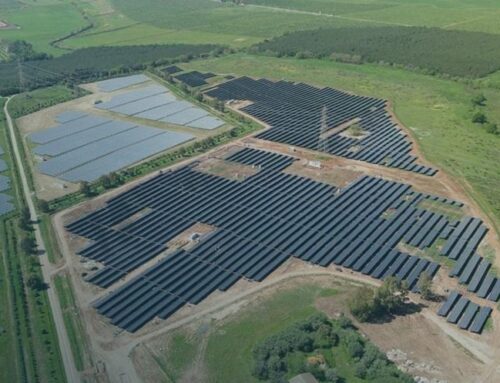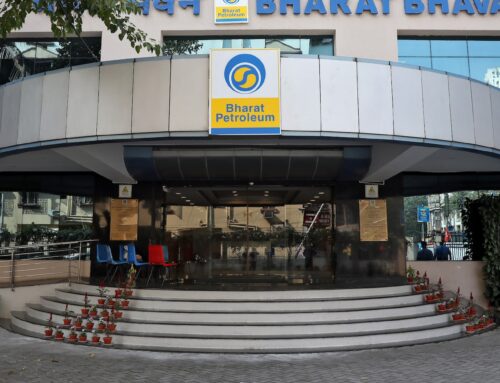Full house in York as locals meet to hear pros, cons of renewable energy projects
March 31, 2025
YORK, Neb. (KLKN) — Just hours before a vote on a controversial solar farm in York County, a group of locals met Monday night to hear about the pros and cons of renewable energy projects.
It was a full house at the Holthus Convention Center as University of Nebraska-Lincoln Extension Educator F. John Hay discussed the impacts of these types of projects, plus some data on their long-term viability.
But based on questions asked at the end, his presentation doesn’t appear to have changed any minds.
On Tuesday, the York County Board will vote on a proposal to build a 3,000-acre solar farm near McCool Junction.
It’s been the subject of controversy for months, and Monday night, locals continued to vent their frustrations.
Projections from the U.S. Energy Information Administration show solar and wind farms will continue to gain prevalence in the coming decades, regardless of incentives like subsidies, while coal and nuclear facilities are likely to be retired.
For some, like Sylvia and Leo Epp of Henderson, those subsidies are part of the problem.
“I don’t like my tax dollars paying subsidies to some big company that’s going to make money off of that,” Leo Epp said.
Another of his concerns is that the electricity will be produced here but sold somewhere else, leaving Nebraskans to deal with the farms and fields themselves.
“Why shouldn’t they give the subsidies to the people that live here and make (the companies) pay for it?” he added.
Beyond the subsidies are the property tax concerns.
Hay’s presentation cited various studies with differing results.
Some studies say property values only decreased 1% to 2% when a solar or wind farm was built close by, but others found a significant drop at the announcement of a project and a rebound after several years.
The Epps said they’ve talked with neighbors near the proposed York project who couldn’t find buyers for their property after the announcement was made.
“It would be very difficult to live next to that solar field for various reasons — the heat and just the looks of it,” Sylvia Epp said.
Hay said people’s uproar is understandable.
He said the perceived exploitation of rural residents is something companies will have to consider in the coming decades.
Monday’s event was sponsored by Conservation Nebraska, and because of the high interest, it’s added three more presentations for April.
The next one is scheduled for April 8. You can find a full schedule here.
Search
RECENT PRESS RELEASES
Related Post


